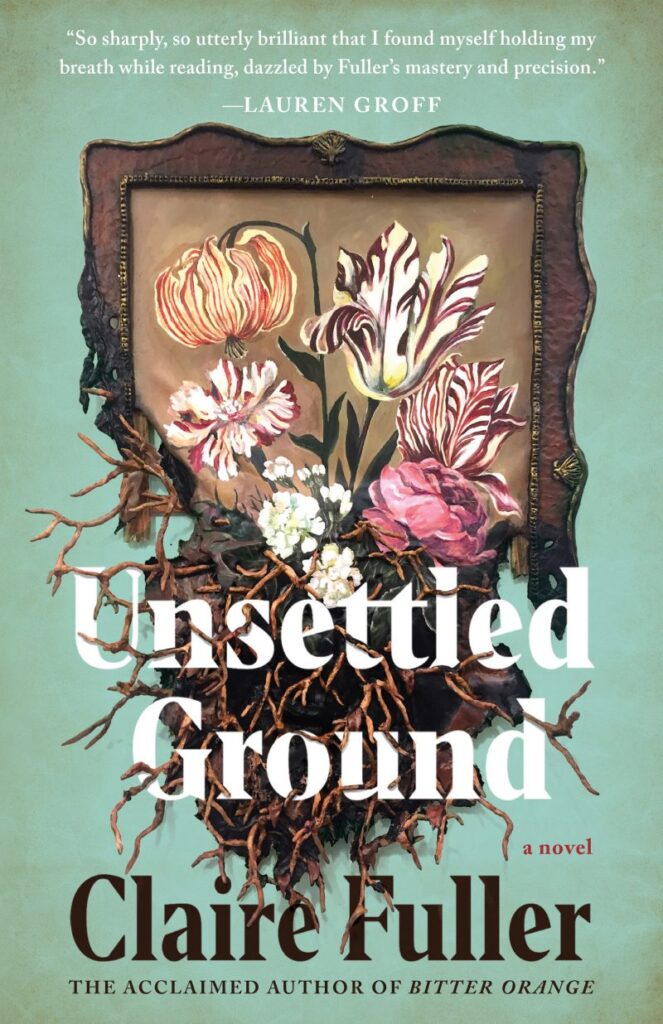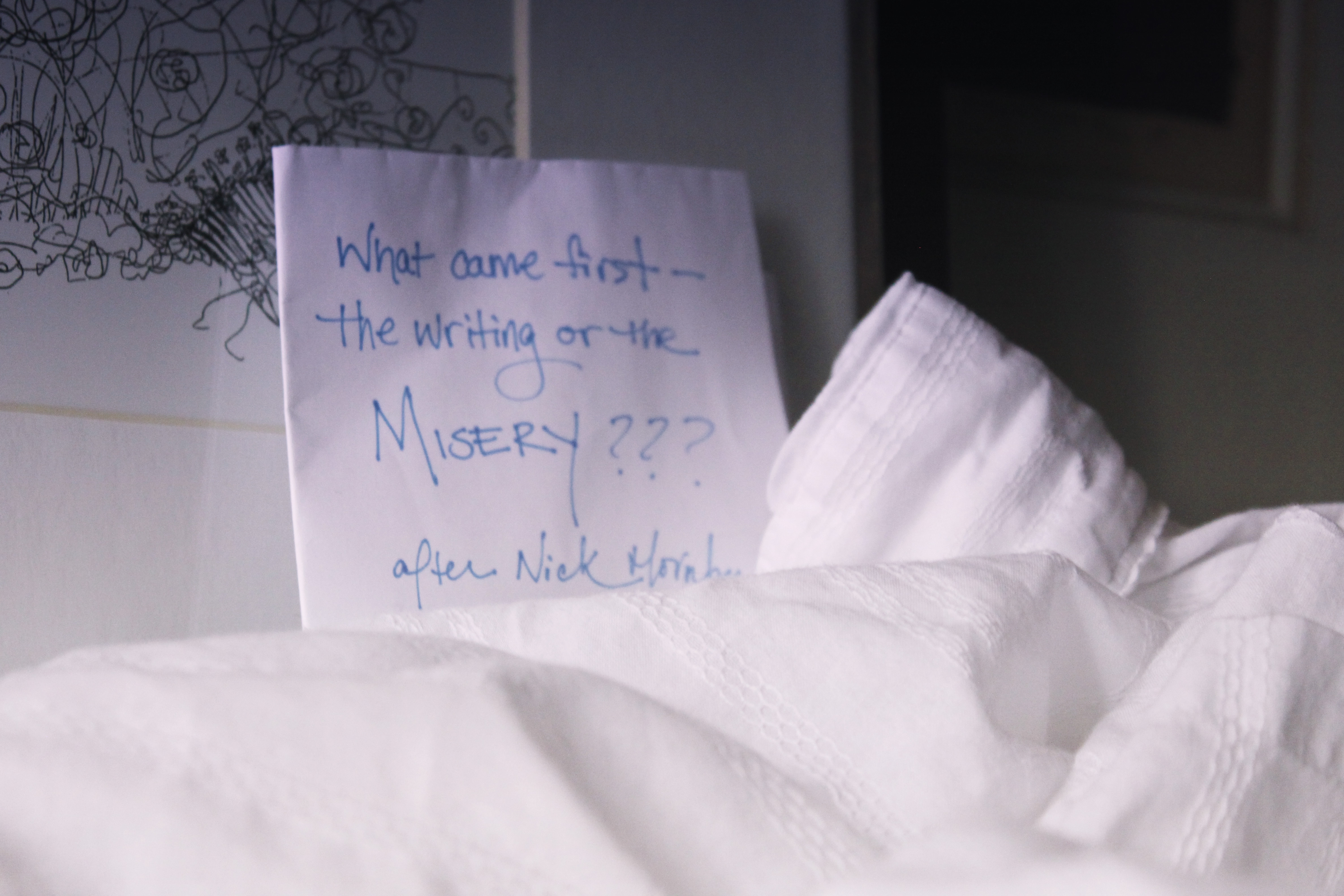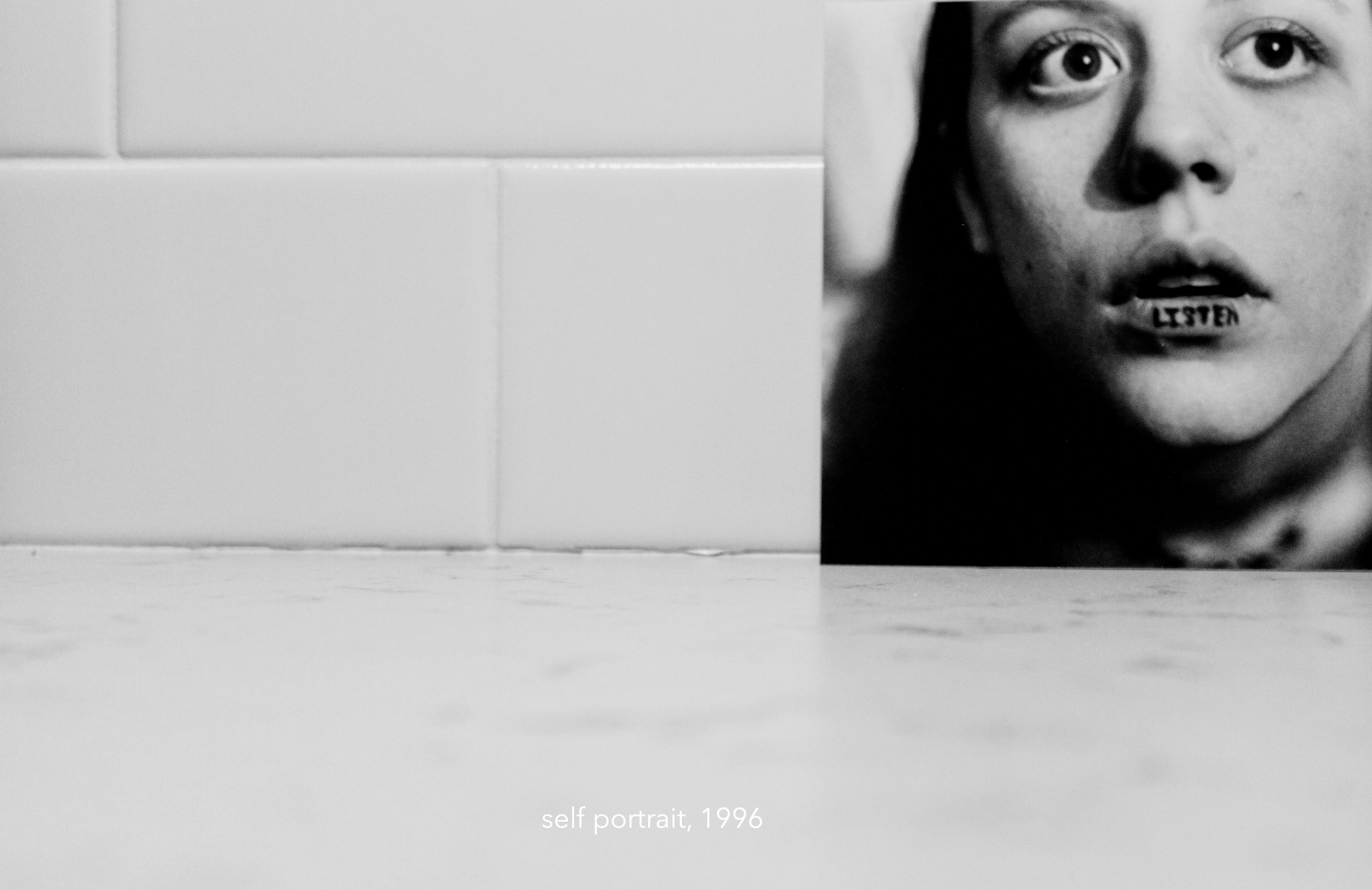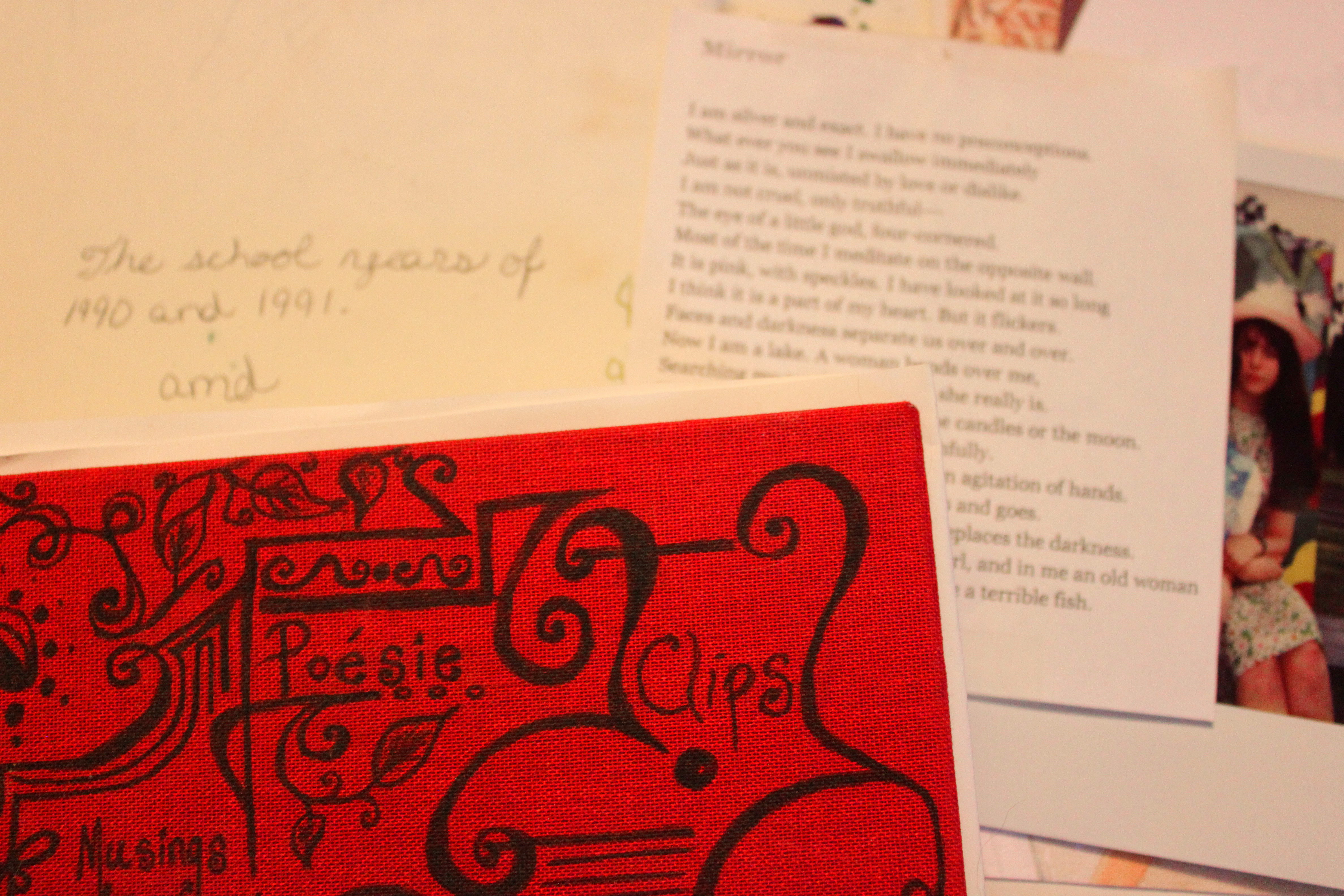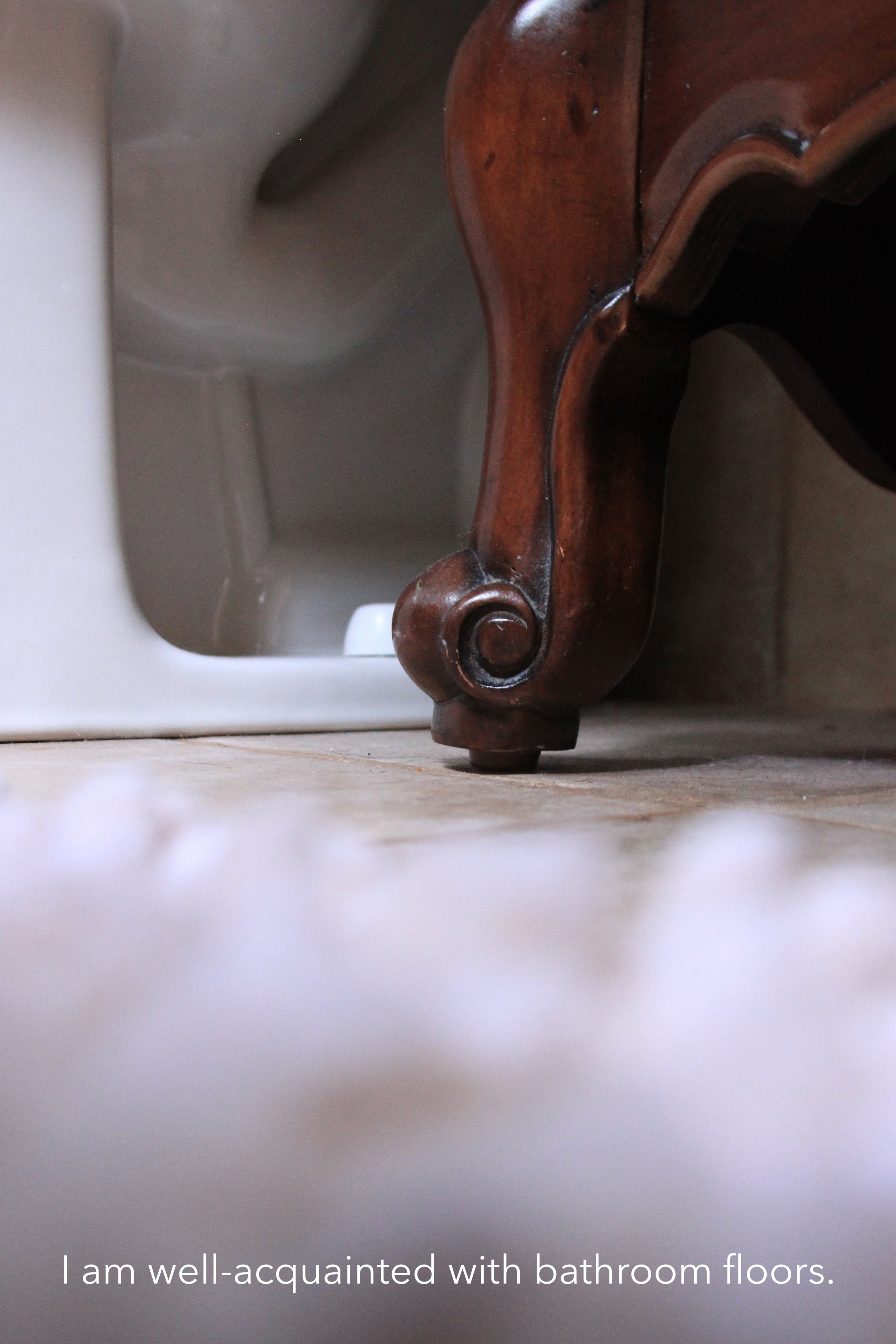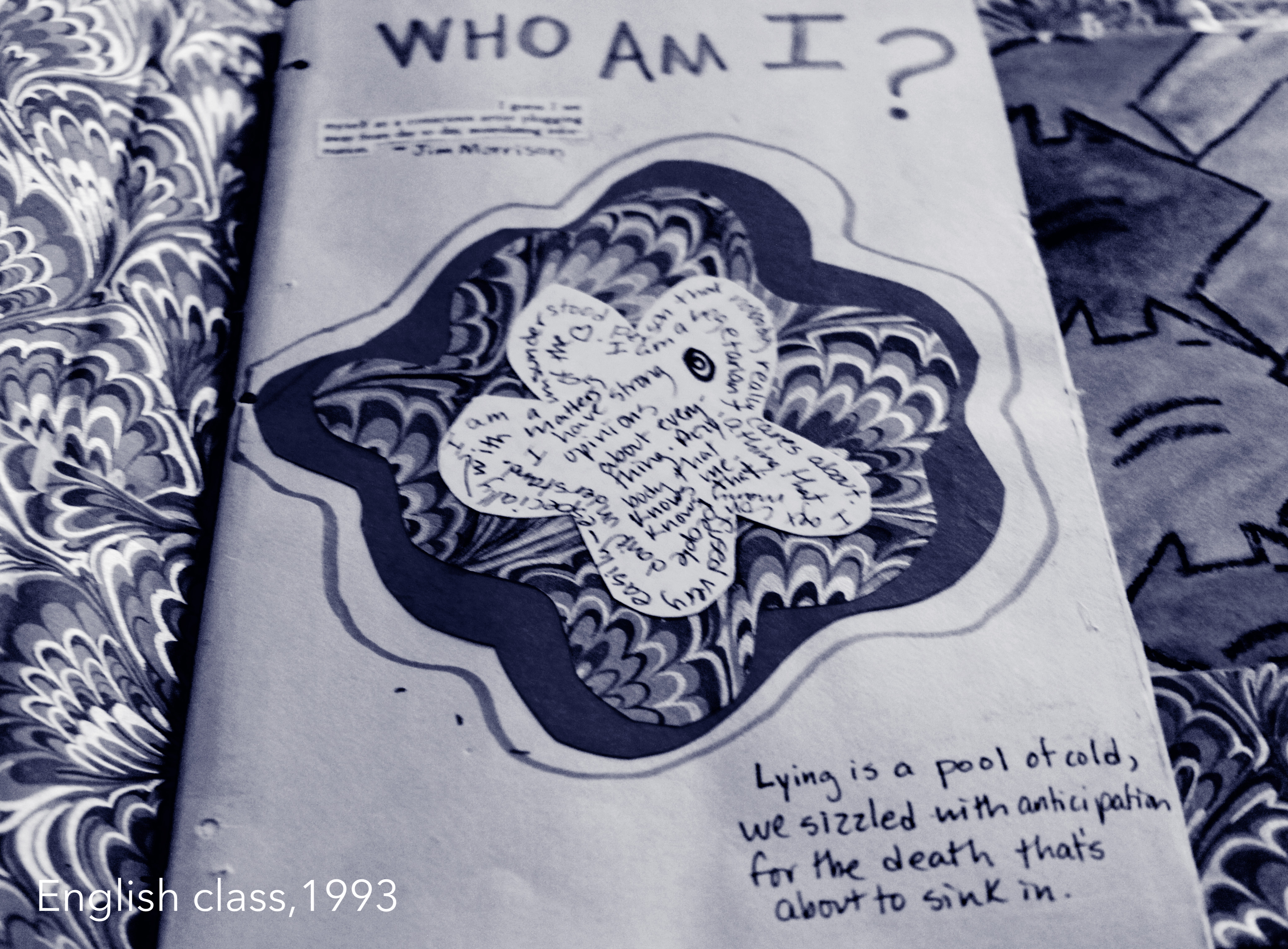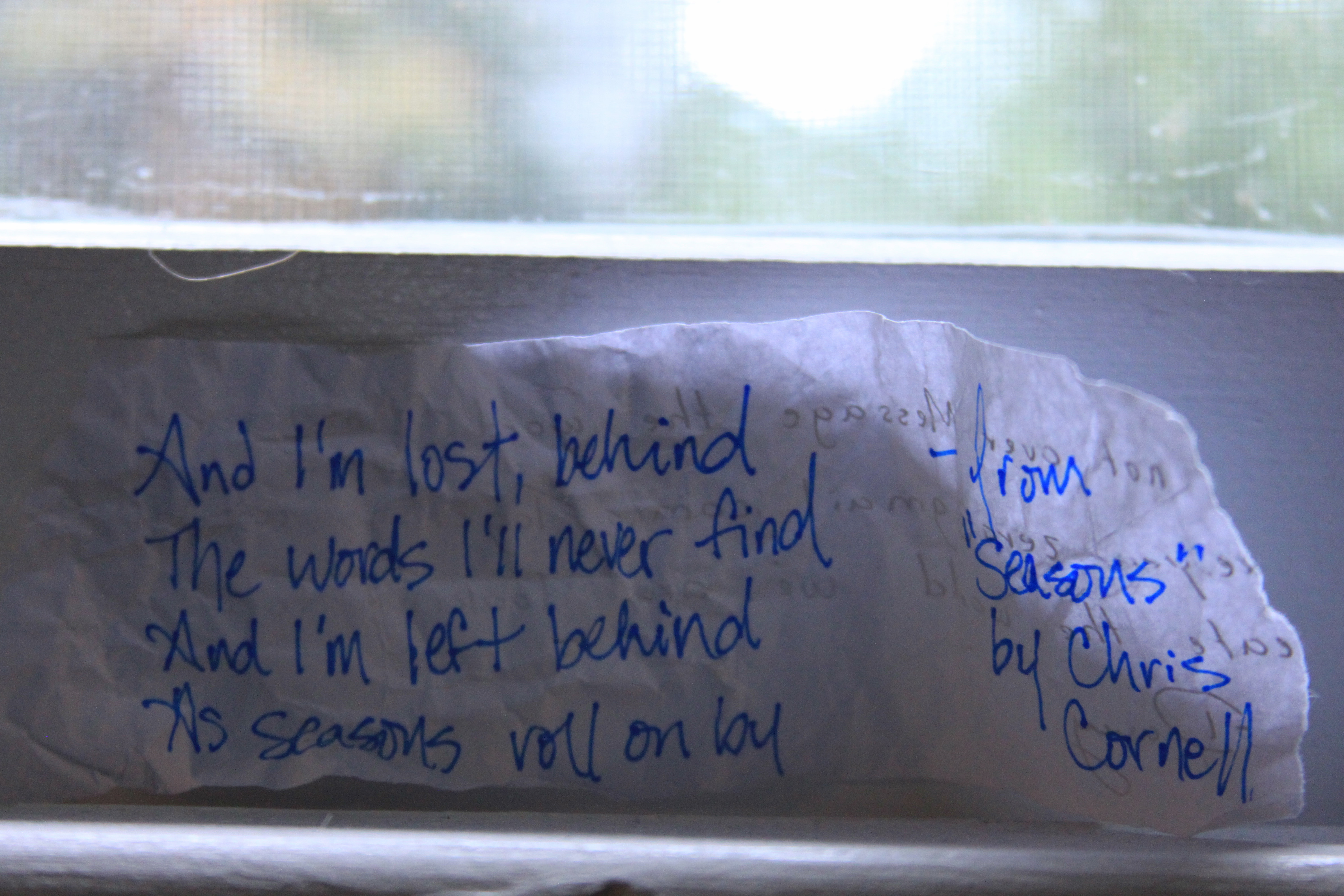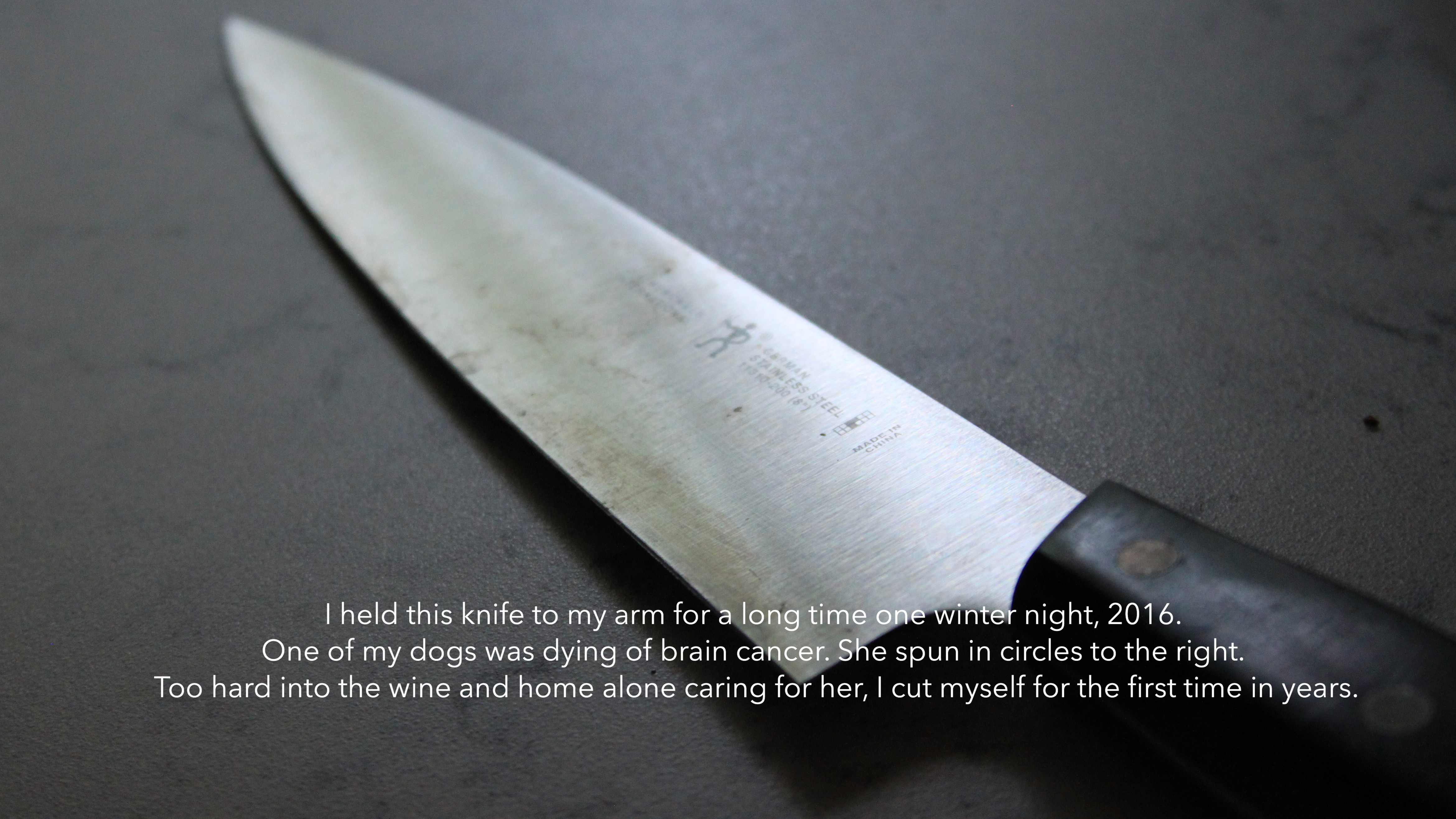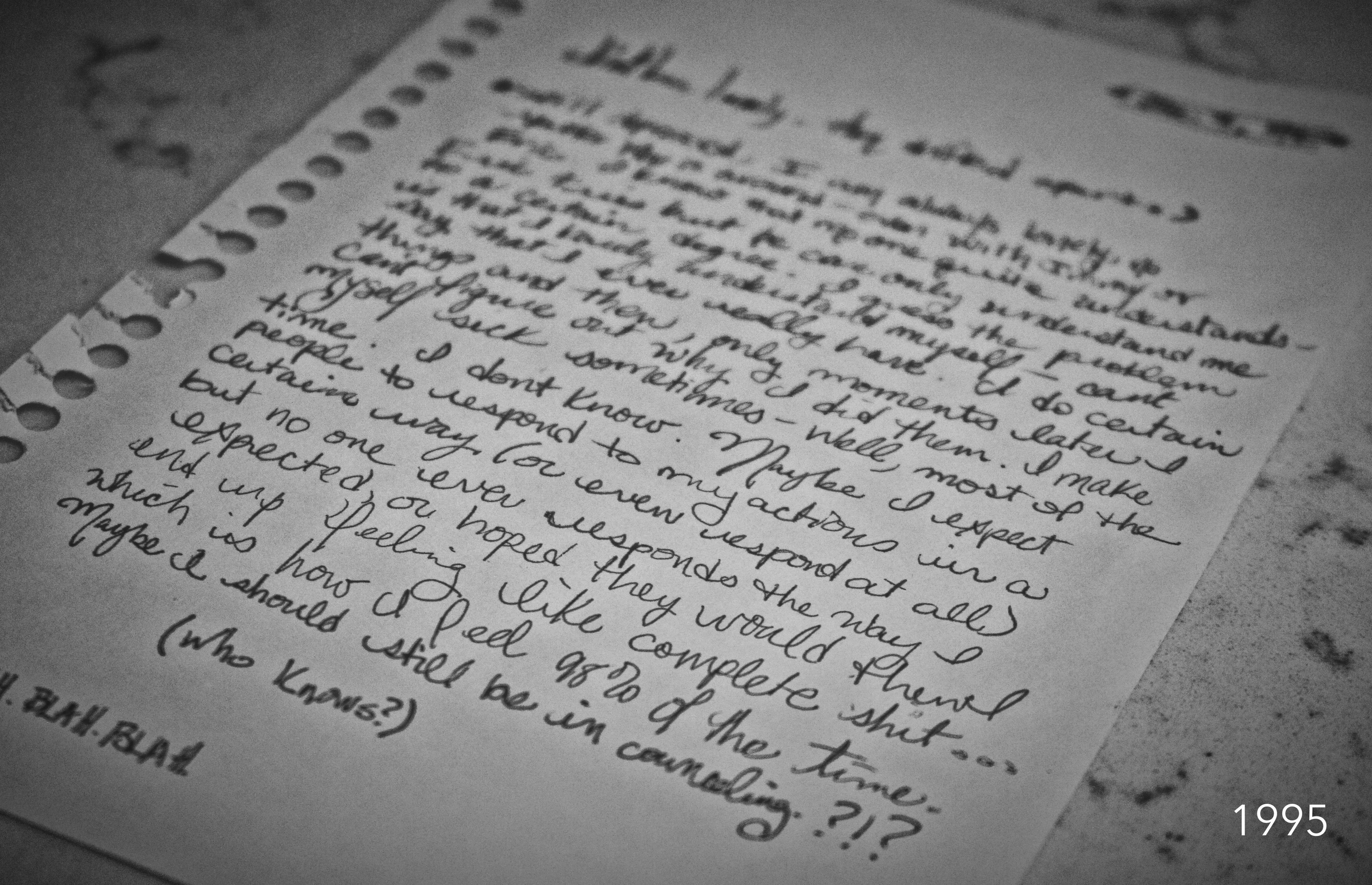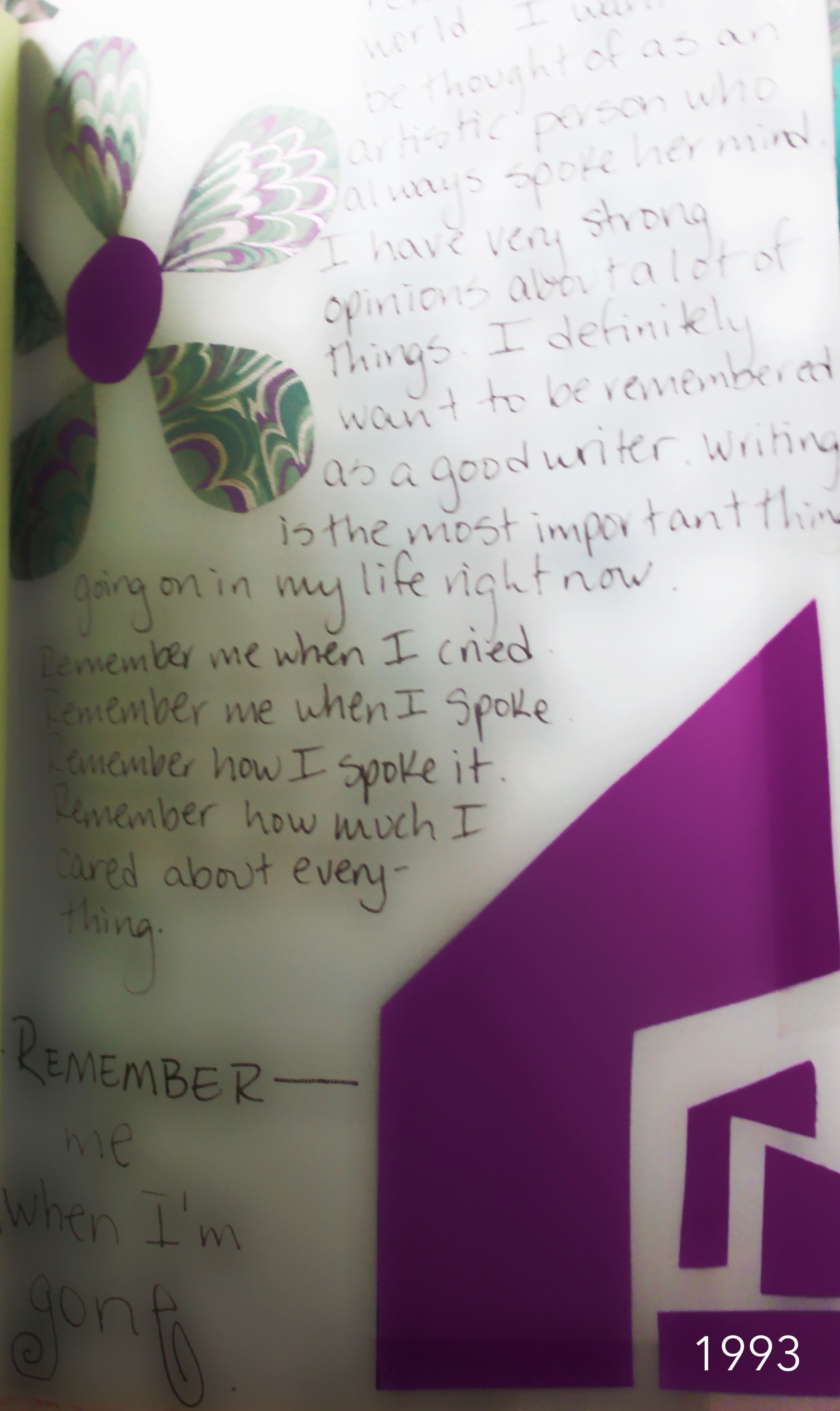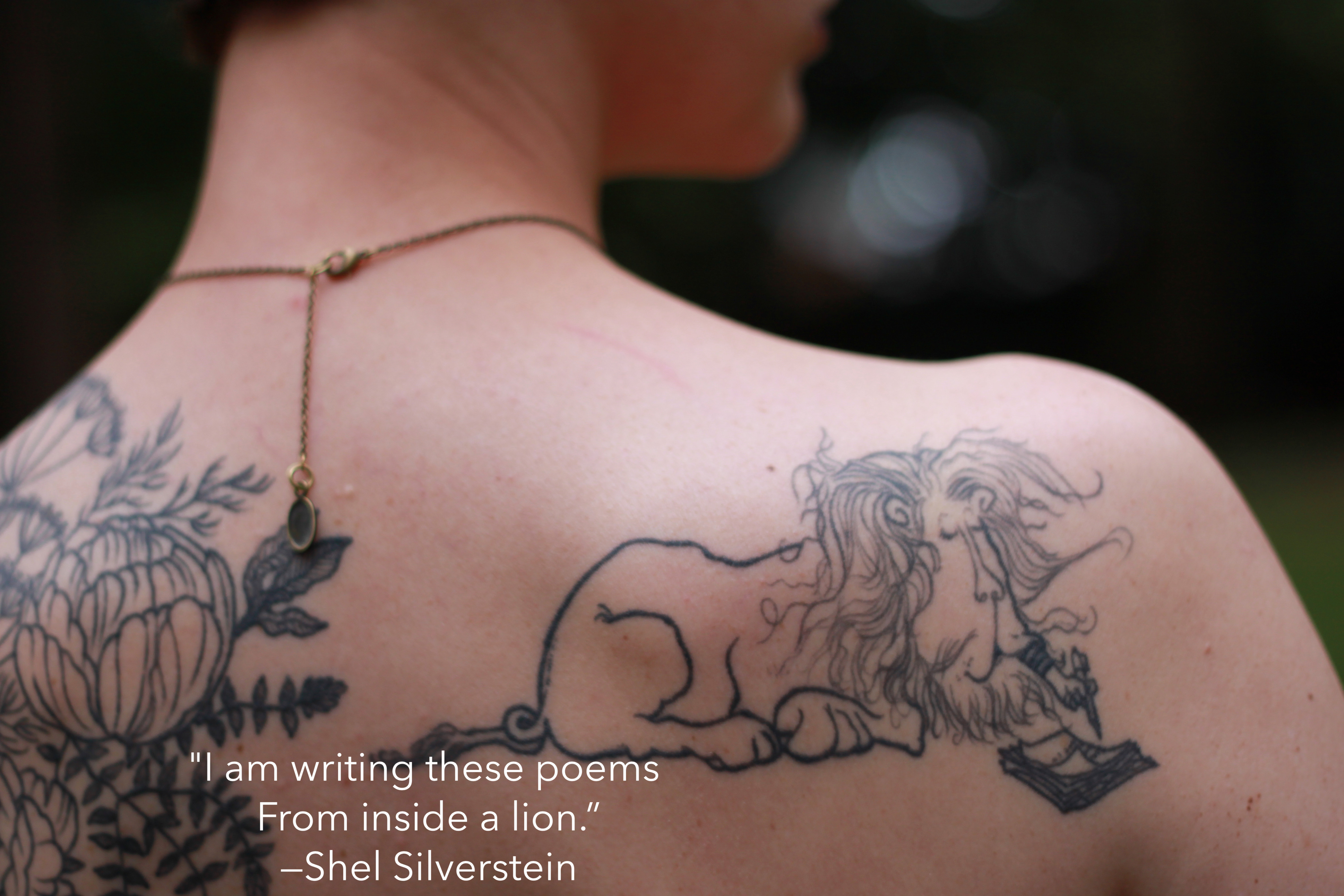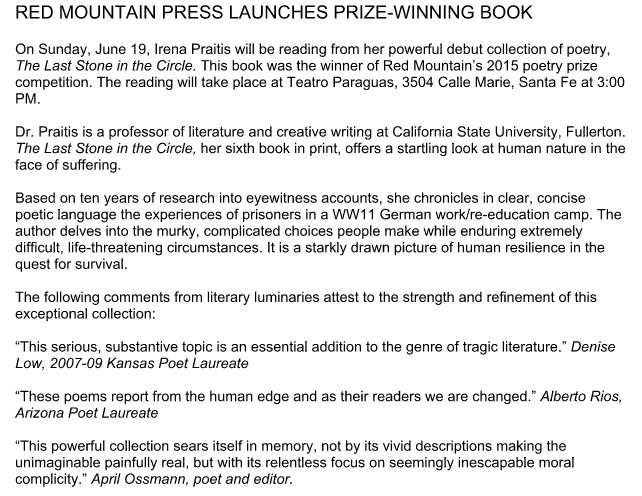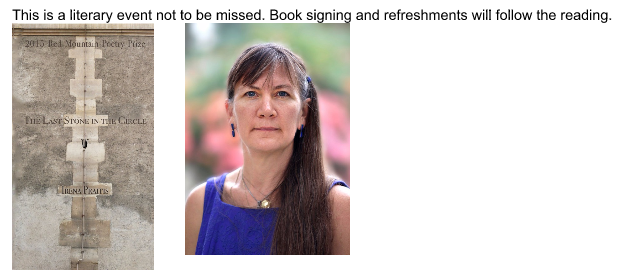 Blogging isn’t as easy as it looks. If you’ve ever tried blogging, you know what I’m talking about. The immediacy and candidness of an internet platform can be both a blessing and a curse. To help you navigate the world of blogging, we’ve compiled a list of 10 blogging tips and tricks from some of our favorite blogging guides, Blogging For Dummies (Susannah Gardner) and Blogging Heroes (Michael A. Banks).
Blogging isn’t as easy as it looks. If you’ve ever tried blogging, you know what I’m talking about. The immediacy and candidness of an internet platform can be both a blessing and a curse. To help you navigate the world of blogging, we’ve compiled a list of 10 blogging tips and tricks from some of our favorite blogging guides, Blogging For Dummies (Susannah Gardner) and Blogging Heroes (Michael A. Banks).
1. Just write anything. This isn’t to say that you should start pouring your heart out for all of the Internet to see, but the best way to overcome writer’s block is just to start writing. Getting something, anything, written down is better than staring at a blank screen and a blinking cursor, even if you think what you’ve written is absolute rubbish. What you write doesn’t have to be good (at least not right away). That’s why they call it a draft.
2. When you’re on a roll, don’t stop. I’ll have some great days where I feel I could write 10,000 words on every subject, and there are other days when I feel I would have difficulty writing my name. Understanding that I have that flexibility to think and creatively write ahead of time gives me a little wiggle room for those days when I am feeling compositionally-challenged. When creativity strikes, keep writing. You can always stockpile posts for another day.
3. Interact with other bloggers. The blogosphere is a great place to create new friends, talk about the things you love, and become inspired. Do you love grilled cheese? Well, there’s probably a blog about that. Commenting on other blogs can not only increase traffic to your blog, but can also lead to some interesting topics. Just don’t forget to be polite. No one likes an Internet troll.
4. Be authentic. Without passion and authenticity, your blog is going to fall flat. Write about something that interests you. Ask yourself if it is something you would want to read, because if you wouldn’t want to read it, neither will your audience.
5. Know your audience. There has been some debate as to whether or not analytic tools are an invasion of privacy. Even here at Superstition Review, we try to keep our readers updated with our latest stats through Google Analytics. Analytic tools do not store personal information. They do, however, allow bloggers to take a closer look at who is frequenting the site, what they’re looking at, how long they linger, and where they’re coming from. These tools are vital in understanding who you’re writing for. With this information, you can tailor your post to better meet the interests of your readership, and scrap ideas that aren’t working.
6. Don’t be afraid to fail. Your blog probably won’t become an overnight success. The best part about blogging is that you can experiment to see what works and what doesn’t. As blogger Scott McNulty advised, “It’s not going to happen overnight. It’s the same as everything else: If you work hard and stick to it, eventually you’ll grow your audience. Of course, if you are interested as I am in a particular subject, you’ll just do it for the love of the subject, and success will usually follow.”
7. Grow a thick skin. Not everyone is going to agree with everything you say and that is okay. What you write, what you think, and what you say will be under constant criticism. Because the Internet is a fairly anonymous platform, commenters will say things that they would never openly say to your face. It is important that you not take these comments personally. Be polite and never go on the defensive. Acknowledge their views and try to take a neutral ground. The chances that you’re going to convince someone they’re wrong is slim to none.
8. Post consistently. Once you build your readership, it is important that you keep them coming back. If you leave your blog dormant for a month or even a few weeks, interest is going to wane quickly. There are thousands of blogs that have been abandoned by their bloggers (can’t you hear their lonely sobbing?). If you don’t post consistently, your readers will think your blog is one of them. Try to make a schedule for yourself. Set goals and stick to them.
9. Cite your sources. Stealing ideas and images is just as bad as running out of Best Buy with a cart of electronics you didn’t pay for. It is okay to draw from other sources as long as you give them credit where it is due.
10. Have fun. Blogging can be a great learning opportunity and a lot of fun. It has opened doors for a lot of people over the past decade and has given voices to writers from every walk of life. Don’t let it overwhelm you.
I highly recommend you check out Blogging Heroes and Blogging For Dummies for more tips and tricks. Their guides have been invaluable to me and a wonderful resource to fall back on when I’m in need of some advice.
